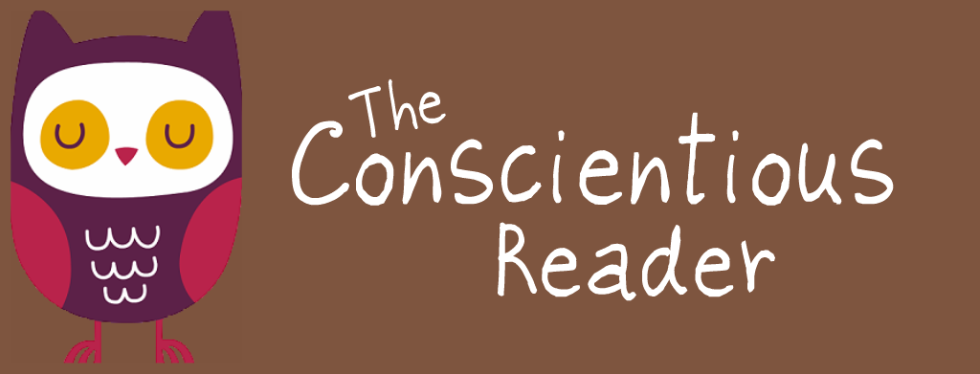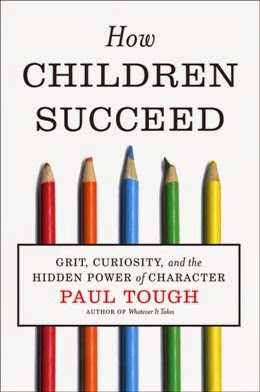It's no surprise that for anything to work there must be consistent and clear communication. This is never more important than when a child's education is at stake.
Communication comes in various forms within the confines of the school building. If we think of the four keys to communication (listening, non-verbal, speaking and thinking) we can easily see how it should flow in the classroom.
Communication with Parents
As you can tell from my post about Helicopter parents, I do believe that sometimes parents can 'communicate' too much and in unhealthy ways. The key to good communication with parents is creating boundaries, getting them to understand that you are both on the same side and honesty.
Be open and honest by...
1] Letting the parent see whatever they want to see...this includes their child's tests, homework and well, even your classroom and its procedures. Come visit us anytime!
2] Telling a parent the best way(s) to reach you, and then making sure they can reach you...for me that's email.
3] Being honest about their child's potential in your class and their ability in your class. This includes being honest about how they, the parent, can help their child succeed in your class. Seriously, if a parent tells me that their child is working on my honors homework 3-4 hours a night and still not succeeding at the level they expect, we talk about what 'working' looks like and we talk about whether the honors class is the right fit for them.
Communication with Students
I started teaching because of the students, I could give two craps about anything else. I like hanging out with the kids and talking to them and getting to know them. I like figuring out how to help them. I like that, if they let me (many of them can't or won't), they come out of my class better and stronger versions of themselves. I feel this way about all of my kids--it doesn't matter if they are in my honors class or if they are...freshmen. I love them, I want the best for them and I want them to be independent learners who can succeed in the 21st century. The only way I can do this is by being honest with them.
Be open and honest by...
1] Giving the students monthly calendars, so they can pace their lives around my assignments for them and by giving them my goals for the class and then giving them time to adjust those goals to fit their needs.
2] We talk about what communication is in my classroom. Nothing upsets and annoys (yes, it's both) me more than a student who tells me that I don't teach and then they complain about how hard the next class/college and so on are for them. I tell them this upfront. We can work together to make them the best versions of themselves, but we have to do it together and they have to listen and they have to read directions and they have to study what I ask them to study. Most importantly they have to ask questions when they don't get something.
3] Telling them when they are falling off the ladder and allowing them the space to do so, knowing full well that, as their teacher, I'll be there should they want to get back on and try again.
Communication with Administration
I can only be as honest with administration as they are with me. My classroom is too important and my personal life too important for me to play mind games with my superiors. I think too often administrators take credit for things they shouldn't take credit for, try to control in ways that aren't healthy and have too many closed door meetings with other teachers and staff, hoping that those things in some way build trust. They do not. Administrators need to follow the norms of the building, of the PLCs and they need to be honest when they do not.
Be open and honest by...
1] Being clear about what kind of environment you want to work and be a part of and being clear about your goals as a teacher.
2] Being respectful, but letting them know that you will not be bullied, will not sit in on unscheduled meetings and being honest about what you will share with others...for me that's everything...I am an open book.
3] Being willing to walk away and find that environment that best suits your needs.
Communication with Other Teachers
In a building that is to succeed as a PLC school, communication must be constant. For a PLC to succeed:
Be open and honest by...
1] Following the norms. If you create the norms together that means you own the norms, own them by doing them.
2] Having an open door policy, closed door meetings and tattling to superiors do not make friends nor foster collegiality in any work place. If you have a problem with someone or if you know that someone has a problem with you talk to them directly and honestly. I don't think you have to be their friend, but I do think that they need to understand you and you need to understand them.
3] Understanding that not everyone is willing to do this (some people just like to stir up...er...have drama in their lives), that's OK...stay clear of these people.
So, I'm sure you can see a theme...honesty, it's not the best policy for nuthin'. Now, if only we could get everyone to see that.














































